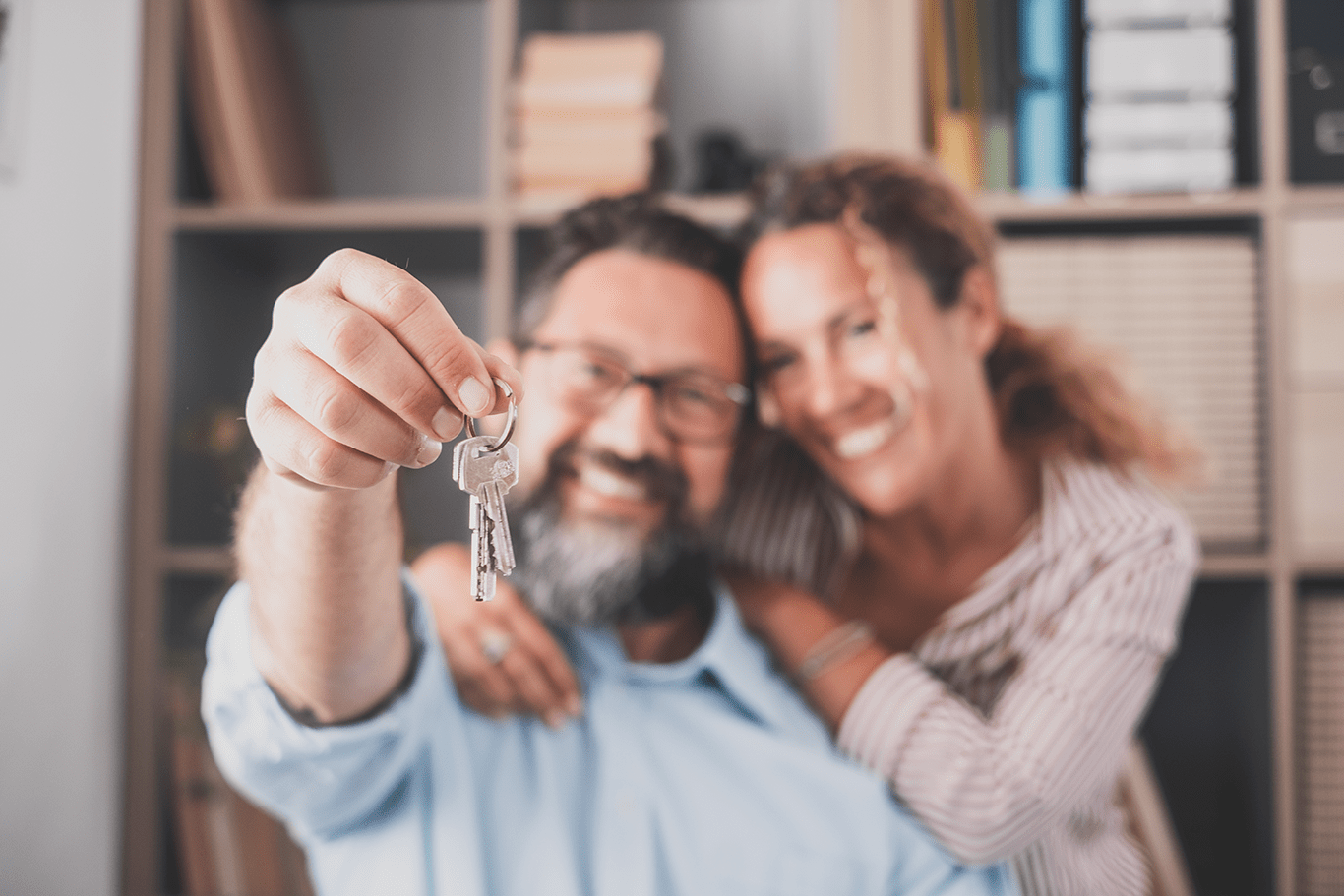If you’re in the market to buy a home, it’s important that you educate yourself on the basics of Idaho plumbing. There are a few things that every homeowner should know before buying a home in Idaho, such as how to identify and prevent common plumbing problems, how much water pressure they can expect from their taps, and ways to conserve water and prevent costly damages. In this blog post, we’ll go over all of that and more!
Identifying Plumbing Issues
One of the most important things to be aware of before buying a home is how to identify a plumbing issue. If you’re not sure what to look for, here are a few tips:
– Look for water stains on the ceilings or walls.
– Check for leaks under the sink, in the bathroom, or around any pipes.
– Listen for gurgling or bubbling sounds coming from the drains.
– Smell for any strange odors coming from the taps or drains.
If you do notice any of these signs, it’s important to call a professional right away. Some common plumbing problems that can occur in Idaho homes include: leaks, clogs, low water pressure, and high water pressure. Fortunately, most of these problems can be prevented with a little bit of maintenance and by following some simple tips.
Ways to Conserve Water
Why is it important to conserve water? Not only is it important to conserve water for the health of our environment, but it can also save you money on your utility bills! Here are a few tips on how to conserve water:
– Fix any leaks that you may have in your home. A leaky faucet can waste up to 20 gallons of water per day!
– Take shorter showers.
– Turn off the water while you’re brushing your teeth or shaving.
– Only run the dishwasher or washing machine when they are full.
– Collect rainwater to use for watering plants or gardens.
Also, one easy way to conserve water and prevent costly damages is to install a low-flow showerhead. This can help you save up to 25% on your monthly water bill. Another great way to conserve water is by installing a water-saving toilet. These toilets use less than half the amount of water that traditional toilets do, which can save you up to $100 per year on your water bill.
Water Pressure
Another important thing to be aware of before buying a home is the water pressure. In Idaho, the average water pressure is around 60 PSI, but it can vary depending on where you live. If your water pressure is too low, you may not be able to run the dishwasher or washing machine at full capacity, and you may even experience low water pressure in the shower. If your water pressure is too high, you may experience poor water flow and higher utility bills.
If you’re experiencing low or high water pressure, there are a few things that you can do to adjust it. If your water pressure is too low, you can try increasing the size of the pipe leading to your faucet, or you can install a water pressure booster. If your water pressure is too high, you can try installing a water-restricting valve to reduce the amount of water that comes through the pipe.
Whichever option you choose, it’s important to consult with a professional to make sure that the adjustment is done correctly.
Common Plumbing Problems
As we mentioned earlier, there are a few common plumbing problems that can occur in Idaho homes. Clogs and leaks are the two most common issues, but they can be easily prevented with a little bit of maintenance.
To prevent clogs, make sure to never pour grease or oils down the drain. Instead, dispose of them in a safe manner. Clogs are also commonly caused by hair and foreign objects. Avoid letting things go down the drains that could potentially clog them. For hair, you can place hair catchers to prevent hair from going down the drain. Don’t forget to clean out drains regularly.
How to properly clean a drain :
– Pour a cup of baking soda down the drain.
– Pour a cup of vinegar down the drain.
– Let the mixture sit for about 15 minutes.
– Rinse with hot water.
– Repeat as necessary.
To prevent leaks, make sure to check all of the seals and joints on your plumbing fixtures for any signs of wear and tear. Proper care and maintenance can help the longevity of your seals and joints.
How to care for seals and joints :
– Inspect seals and joints regularly for any signs of wear and tear.
– Make sure that all seals and joints are properly aligned.
– Use a sealant or lubricant to help keep them in good condition.
– Replace worn-out seals and joints as necessary.
If you’re unsure about how to care for your plumbing fixtures, it’s always best to consult with a professional. They will be able to help you identify any potential problems and offer solutions on how to prevent them. If you do notice a leak, try to repair it as soon as possible. Leaks can cause water damage to your home, which can be costly to repair.
By following these tips, you can help ensure that your home’s plumbing is in good condition and that you’re prepared for any problems that may occur. For more information on Idaho plumbing, be sure to check out our blog. We have tons of helpful tips and advice that will make being a homeowner in Idaho a breeze!

